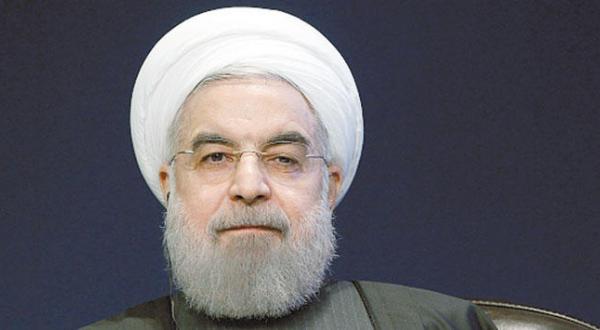Washington- After the sanctions’ removal, officials in the West anticipate Iran to play a part in solving regional dilemmas in Syria, Iraq, and Yemen. However, these hopes are not well placed. Despite the diplomatic settlement on the nuclear deal, Iran maintains a regional policy similar to its pre-deal behavior. Iran still provides extremist militants with weapons, sponsors terrorism, and shakes the stability of neighboring countries for reasons of satisfying an appetite for regional dominance.
Many senior Iranian officials are still subject to American and European sanctions for roles they played in supporting terrorism, violating human rights, and backing Assad’s blood-drenched rule in Syria. Instead of them stepping aside, Iran has granted those responsible for gruesome crimes, power and authority.
Iranian attitude doesn’t come as a shock. As a country, Iran had ranked top for sponsoring terrorism, its authority has participated with terrorist operations since 1979, had a hand in the kidnaps perpetrated by the Lebanese Hezbollah in 1980, and even conspired in the plot for assassinating the Saudi ambassador in Washington in 2011.
Since 2003, Shi’ite militias in Iraq have received artillery support from Iran. Moreover, Iran, a major supporter for Assad’s regime in Syria, is held responsible for killing hundreds of thousands of Syrians and the uprooting of millions. Their administration doesn’t even hesitate when sending murderers abroad to assassinate Opposition members.
On top of that, senior officials were condemned for having participated at the AMIA (Argentine Israelite Mutual Association) bombing. The association was affiliated with the Jewish community placed in Argentina, and the attack resulted in the death of 85 civilians and the injury of 105 others.
The International Criminal Police Organization, Interpol published red bulletins against senior Iranian officials whom were awarded at their country after the attack.
Among those officials was the former commander of the Quds Force Ahmad Vahidi, who was also assigned to the ministry of defense in year 2009.
After Rouhani, seemingly a presidential moderate, rose to power in 2013, Vahidi was awarded for his service by being appointed director for the strategic study center of the armed forces.
Mohammad Mohsen Rabbani, present at the Association’s bombing and accused for facilitating the terrorist attack, now is the Supreme Leader’s representative for Latin American affairs. Rabbani’s position is powerful enough to control independent resources for funding his violent campaign targeting Latin America.
Ali Akbar Velayati, Iranian foreign minister during the period of the attack, is wanted by the Argentinian authorities, for participating in the attack. However, Velayati now is the personal advisor on diplomatic affairs for the Supreme Leader Ali Khamenei. He actively supervises promoting the Iranian way of governing with him being labeled General Secretary for the two religious committees sponsored by Iran: The World Assembly of Islamic Awakening and Ahl Al-Bayt World Assembly.
One other Interpol hunted is Ali Fallahian, wanted also for the AMIA attack during which he was Intelligence Minister. Fallahian is also alleged responsible for the kidnap and assassination of anti- Iranian Kurdish protestors. The incident, known as the Mykonos restaurant assassinations, took place in 1992 at a restaurant in Berlin.
Fallahian still is a member of the Assembly of Experts, which is responsible for electing the Supreme Leader. Moreover, he formerly announced running for presidency in 2013.
In the ballpark of Iranian systematic functioning, Major general Qasem Soleimani, Commander of the Iranian Army of the Guardians of the Islamic Revolution (IRGC), still holds his position.
Soleimani, in short, commands the battalion on foreign intervention missions for the IRGC. Actually, his efforts in supporting pro-Iranian militia across the Middle East earned him fame and a highly- held position.
The Quds Force Commander leads all Shi’ite Iranian proxies in Syria and Iraq, that being a cornerstone to the execution of Iran’s strategy on keeping Syrian President Assad in his authoritative placement at any cost.
It is worth mentioning that Soleimani presents his reports directly to the Iranian Supreme Leader, and he is rendered the mean accountable for carrying Tehran’s foreign policy.

